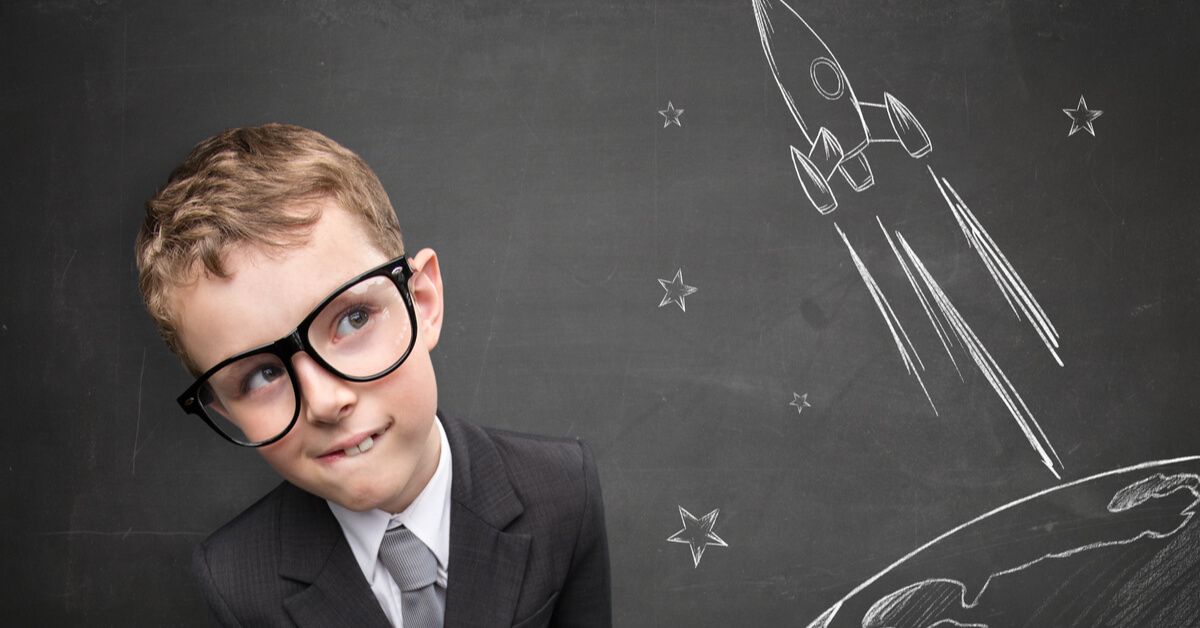How do students manage uncertain or unknown situations themselves? What skills do they need? In this article, we will explore links between astronaut proficiencies and global skills, including extracts from interviews with astronauts and an aerospace engineer. Give your students opportunities to consider how ethical dilemmas relating to real-world issues can inspire them to find innovative solutions. In what ways can the ethical dilemma ‘Expansion to the stars versus staying on the Earth: how can we plan for and create an unpredictable future?’ be a launchpad for problem-solving? Students need to weigh the ideas of humankind having the courage to take responsibility for the state of our planet or to explore new worlds and begin living in an unknown place.
Lately, the news tells us that commercial space exploration will be the next great travel experience as plans are made for paying customers. Controversially Elon Musk of SpaceX and Jeff Bezos (of Amazon fame) and his company Blue Horizons are both promoting space tourism. Critics warn that the money spent on these ‘joyrides’ for the super-wealthy could be used for addressing the climate disaster or other pressing world issues. This would be an interesting debate for your students when…


